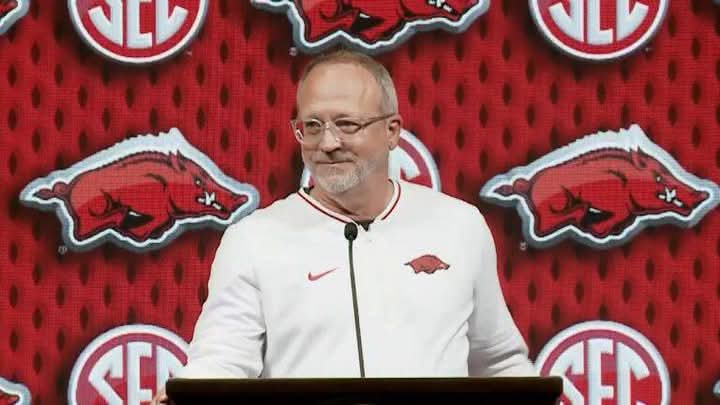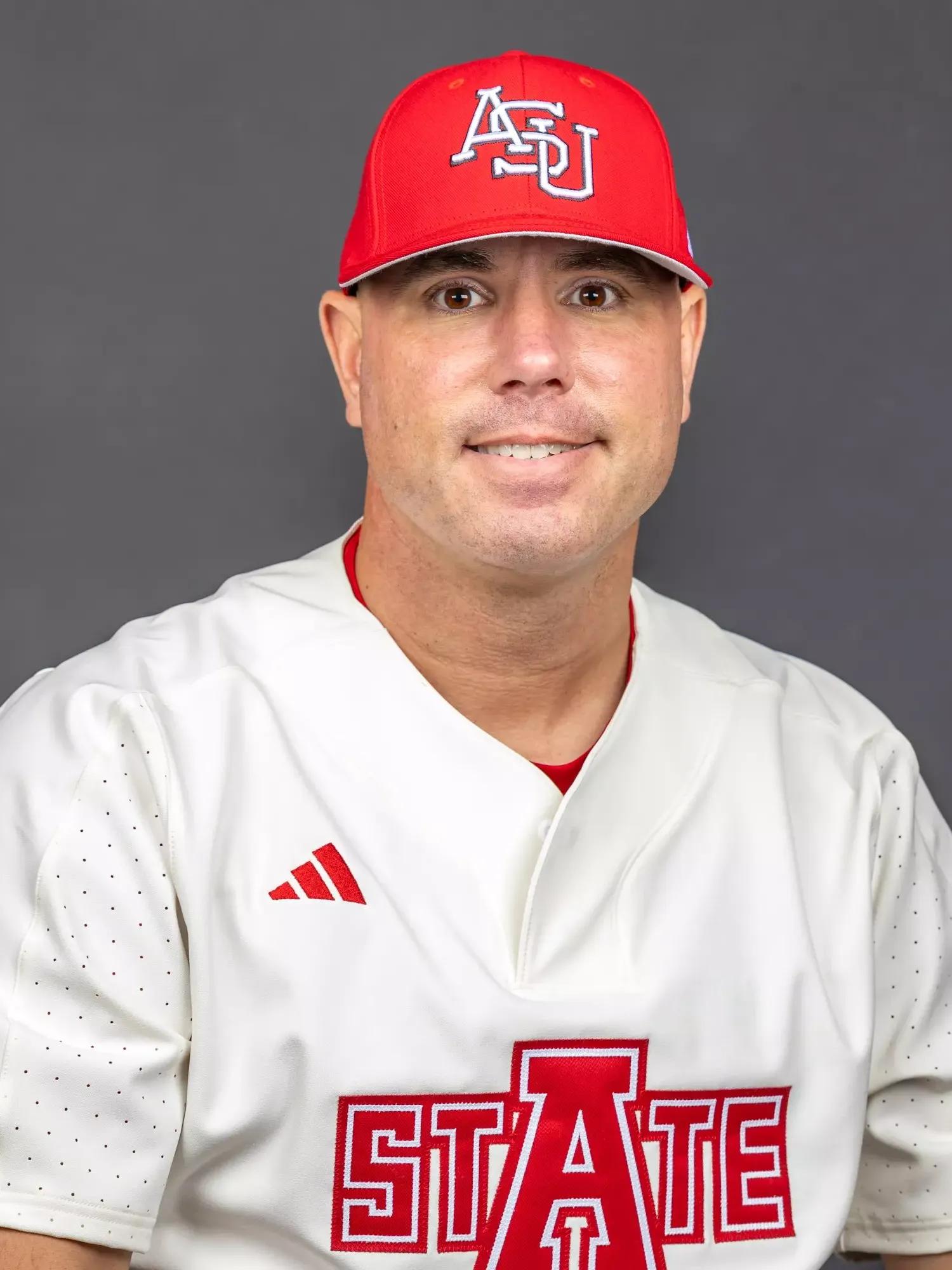A Heartfelt Plea for Genuine Honesty About Mental Health
In a moving and raw statement that has since resonated widely within the sports community and beyond, Kyren Lacy’s father delivered an emotional message urging everyone not to brush off personal struggles with empty assurances.
“Don’t be cool with ‘I’m alright’ or ‘I’m good’ when you know deep down something isn’t right,” he declared. This poignant plea emerges in the wake of the tragic passing of the former LSU wide receiver, whose loss has spurred a broader conversation about mental health and the stigma associated with admitting vulnerability.
Context Amid Tragedy
The message came during a time of deep sorrow and introspection for the LSU community and fans of collegiate football. Kyren Lacy, remembered not only for his contributions on the field but also for his off-field spirit and vibrant personality, left behind a legacy that was abruptly interrupted. His death sent shockwaves through the tight-knit world of college athletics—a community that often prizes toughness and resilience, sometimes to the detriment of acknowledging emotional distress.
In sharing his thoughts publicly, Kyren’s father reminded everyone that beneath the exterior of strength and success, there can lie untold struggles. He urged athletes, fans, friends, and family alike to reject the cultural norm that equates a casual “I’m alright” with genuine well-being. Instead, he championed a culture of honesty where admitting emotional pain is not seen as weakness, but rather as a vital first step toward healing.
The Power of a Simple Message
At the core of his statement lies a universal truth: masking inner pain with superficial reassurances does nothing to address the underlying issues. “I’m good” has become a shorthand for dismissing feelings of hurt or depression, a common refrain among those who fear judgment or believe that vulnerability is unacceptable in competitive environments. Kyren’s father’s call is a direct challenge to that mentality. His words are as much a tribute to his son’s memory as they are a call to action—an invitation for those suffering silently to be brave enough to seek help.
There is a depth to his statement that goes beyond sports. It is a reminder that mental health matters, regardless of how successful or seemingly “tough” a person appears to be. The message encourages people not to shy away from discussing their feelings, promoting a dialogue that could ultimately save lives. His plea is especially resonant in the athletic community, where the pressure to perform and the culture of invincibility can often lead individuals to ignore warning signs.
Breaking the Silence in Sport
In recent years, the conversation around mental health within athletics has grown, with more high-profile figures beginning to share their personal battles. However, despite progress, many athletes continue to internalize their struggles. The emotional toll of competitive sports, coupled with the external expectations for perfection, means that athletes may feel compelled to hide their true feelings behind a veneer of stoicism. Kyren’s father’s message cuts through that facade by asking everyone to consider whether the casual “I’m alright” might be a mask for something deeper and more painful.
This sentiment is especially pertinent given the current climate in college sports, where mental health resources and support systems are becoming a focal point. Institutions across the country are now reevaluating how they can better support their athletes—not only physically but also emotionally and mentally. By sharing his honest reflections, Kyren’s father is urging not just those directly affected by his son’s loss, but the entire sports community, to foster an environment where acknowledging emotional distress is met with empathy and help, rather than dismissal.
A Personal Journey and a Community Call
For those who have experienced similar struggles, the words serve as both validation and an impetus to speak out. In his heartfelt message, the father acknowledges that every person’s inner battle is significant, whether it is visible from the outside or hidden behind a routine catchphrase. His message is rooted in personal experience and deep-seated grief—the grief of losing a child whose light shone brightly on and off the field, and whose untold struggles might have been eased had there been more openness about mental health.
In the wake of Kyren Lacy’s death, his family and the broader community are grappling with questions that extend beyond the immediate tragedy. They are challenging the cultural norms that have, for so long, dictated that admitting one’s pain is a sign of failure. Instead, the father’s call is a reminder that self-awareness and seeking assistance are noble acts—one that can lead to meaningful healing. His words urge us to reach out to one another, to create safe spaces where discussing mental health is normalized and supported.
A Message That Transcends Sports
While the news initially centers around the tragic loss of a young athlete, the emotional message carries a broader lesson. It is a clarion call for everyone—athletes, fans, colleagues, and community members—to resist the urge to conceal their pain behind casual affirmations. In doing so, individuals can acknowledge their struggles, access vital support, and ultimately, confront and overcome the challenges they face.
The impact of this message is far-reaching. It reminds parents, coaches, and peers that it is critical to listen when someone says, “I’m not alright,” and to offer them a compassionate ear or a helping hand. It also serves as an internal reminder for people to be honest with themselves and to recognize that ignoring deep-seated pain can have tragic consequences.
Looking Ahead: Embracing Authenticity and Support
Kyren’s father’s plea is a call for cultural change—one that encourages transparency and emotional honesty at all levels of society. In the realm of sports, this means creating an atmosphere where admitting to struggles is not met with derision or dismissal but supported with compassion and professional resources. It is a lesson that extends to every corner of life, reminding us that mental health is as important as physical health.
As communities continue to cope with the loss of promising talents like Kyren Lacy, his father’s words may well be the catalyst that drives a much-needed shift in our collective attitude toward mental health. By urging everyone to be truthful about their inner state, he is laying the groundwork for a future where seeking help is a sign of strength rather than a mark of weakness.
—
In summary, the emotional message delivered by Kyren Lacy’s father—embodied by the powerful quote urging, “Don’t be cool with ‘I’m alright’ or ‘I’m good’ when you know deep down something isn’t right”—serves as a clarion call for all to confront and address emotional pain rather than masking it. It is a profound reminder that mental health deserves honest discussion, support, and proactive care, ensuring that no one has to suffer in silence.



